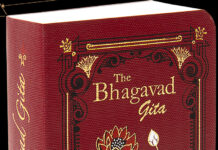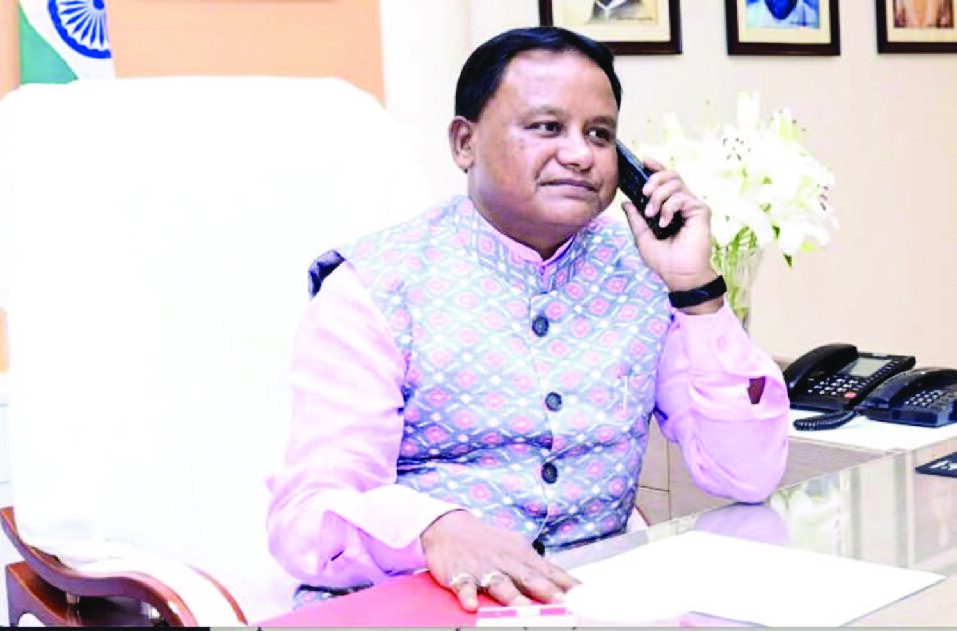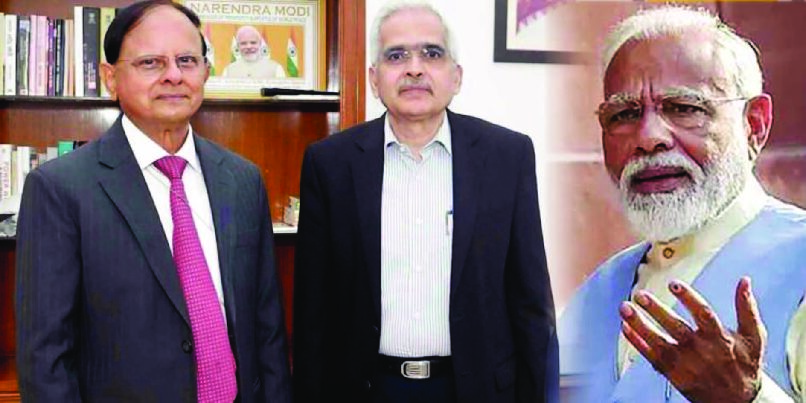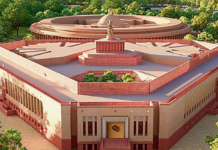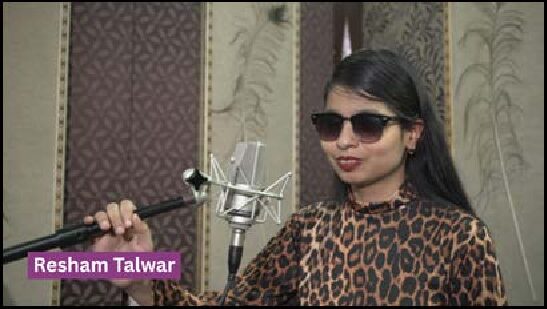EVERY LANGUAGE IS A TEMPLE, IN WHICH THE SOUL OF THOSE WHO SPEAK IT IS ENSHRINED.
The Union cabinet has granted classical language status to five more languages—Marathi, Pali, Prakrit, Assamese, and Bengali. This follows the recognition of six other languages as classical, with Tamil being the first to receive the status on 12th October 2004.
However, the decision has sparked mixed reactions from linguistic experts. While some believe it is a “progressive and inclusive” move by the government that promotes linguistic diversity, which forms the backbone of India’s cultural identity, others argue that it is more about the “politics and the polity” than protecting and preserving the languages.
The linguistic experts, who conducted immense fieldwork on different Indo-Aryan languages, also mentioned how the government needs to rethink the criteria for a language to be recognised as classical, and ask why certain languages are not included. It’s important to explore these issues, especially when it comes to languages spoken by indigenous communities—those who have lived here for centuries. For instance, consider the Santali community or the languages spoken by people in the Andaman and Nicobar Islands. There are so many languages in India that deserve to be protected before the ones that are included.”
The Santal are one of the largest indigenous tribes in India who are mostly spread across Jharkhand and West Bengal in terms of population, and also live in the states of Odisha, Bihar, Assam and Tripura.
However, Dr. Vadthya Kishore, assistant professor of linguistics at JNU, argues that while there is certainly a chance that political motivations could be involved in the recognition of classical languages, the classification is an “attempt to preserve and celebrate India’s rich diversity rather than exclude others. These languages are pillars of Indian civilization and represent centuries of accumulated knowledge, tradition, and artistic expression. Each language carries a unique heritage.”
Some might argue that the recognition of more widely spoken languages like Bengali or Marathi, while valid, may overshadow the potential for including languages from indigenous or tribal communities, which also have rich traditional and cultural roots, but, unfortunately, are less documented or recognized. These indigenous languages have been neglected not just by the government but in terms of all aspects.
Achieving classical language status brings several key benefits, some experts believe. Once a language is classified as classical, it receives targeted support from the Union Ministry of Education. This includes funding for research, the establishment of academic chairs in universities, and the creation of dedicated research centers. These initiatives ensure that the language is preserved, studied, and promoted, securing its place in both academic and cultural discourses.
Three central Sanskrit universities—Rashtriya Sanskrit Sansthan, New Delhi; Shri Lal Bahadur Shastri National Sanskrit University, New Delhi; and Rashtriya Sanskrit Vidyapeetha (National Sanskrit University), Tirupati—along with the Central Institute of Classical Tamil (CICT) in Chennai and centres for excellence in classical Kannada, Telugu, Malayalam, and Odia under the Central Institute of Indian Languages (CIIL) in Mysore, are all part of government initiatives to promote and preserve these cultural languages.
Additionally, national and international awards have been established to honour contributions to classical languages. Among these, two prestigious international awards are the Presidential Award of Certificate of Honour and the Maharshi Badrayan Vyas Samman, both of which are presented annually to distinguished scholars in classical Indian languages. The Bhasha Bharti Samman, Hindi Sevi Samman, and lifetime achievement awards are among the national honours for cultural languages. These awards not only recognise significant contributions to classical languages but also offer substantial monetary rewards, including a one-time amount of up to Rs one lakh and an annual grant of Rs 25,000.
While the experts appreciate the efforts by the government, they also mention how the government needs to do more. The government should undertake more initiatives, such as introducing these languages into mainstream academic curricula, encouraging academicians and others to translate these languages into their native tongues and vice versa, developing teaching modules under the National Education Policy (NEP) 2020, and working to digitally document literary texts, making them accessible on government websites for public use. The classification ensures increased academic and cultural interest, and it opens up new avenues for research and preservation of these ancient tongues.
The recognition of a classical language is based on criteria established by a Linguistic Experts Committee. According to the committee, the following revised benchmarks must be met for a language to be considered “classical”. The first is Bottom of Form High Antiquity: Early texts and recorded history must span over 1000 years. The second is Ancient Literature: A body of ancient literature or texts, valued as cultural heritage by generations of speakers, must exist. Third one is Knowledge Texts: In addition to poetry, the language must have a corpus of prose, including knowledge texts, epigraphical, and inscriptional evidence. The fourth and last one is Distinct Evolution: The classical language and its literature can be distinct from its modern form, or it may have evolved into newer forms, with possible discontinuity from its original structure.
I would like to draw the attention of the readers that several Writ Petitions vide Nos. 28334/2008, 18810 of 2008, 27405/2014 and 5813 & 5814 of 2015 were filed in the Madras High Court. All were heard together and the judgment was delivered on 08.08.2016. I reproduce the judgement: 36. Therefore, at the cost of repetition, it is for the experts to verify whether the languages satisfy the norms and recommend for the declaration.
The facts which made the expert body to recommend the promulgation of such declaration has also been placed before us and a copy has also been furnished to the petitioner. As such we do not find any reason to interfere with the impugned declaration. This court cannot convert itself into a forum for debate on such matters. If the petitioner still feels that the particulars furnished by the respective states would not satisfy the criteria, it is open to him to approach the authorities. Similarly, he can also give his suggestions for determination of the type of literature, that can be the bench mark for qualification for consideration to the concerned authorities. 37. We may thus end with the following words of Oliver Wendell Holmes: Every language is a temple, in which the soul of those who speak it is enshrined.
Hope, nothing more should be said now. Smelling political motive behind every decision is called intolerance.









